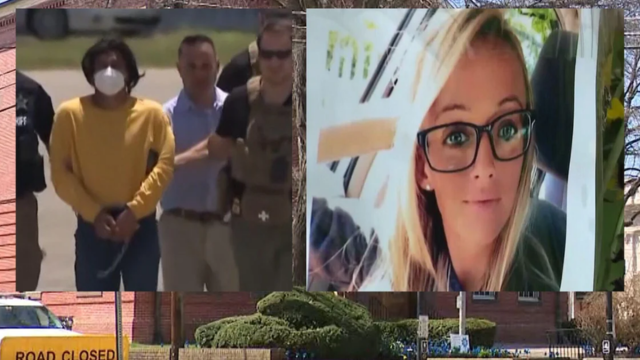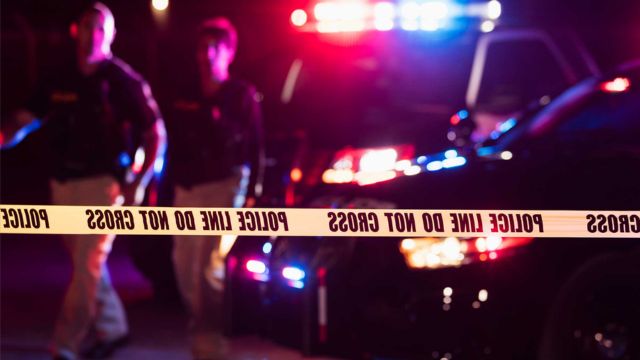On Tuesday, more than 120 possible jurors were questioned as attorneys prepared to make their cases in the high-profile trial for the man accused of murdering Rachel Morin, a mother of five who was discovered raped and murdered off a Harford County path in 2023. Morin’s body was discovered in 2023.
This week, it is anticipated that the selection of jurors will come to a close, which will then be followed by opening statements.
In the case of Victor Martinez-Hernandez, an undocumented migrant who is suspected of murdering Morin, there were questions raised about whether or not the jury selection process had been conducted in a constitutional manner.
On the sixth of August, 2023, Morin’s body was discovered, one day after she had gone out for a jog on the Ma & Pa Trail.
Law enforcement officials stated that Martinez-Hernandez entered the US illegally from El Salvador. In June of 2024, Martinez-Hernandez was taken into custody at a pub in Tulsa, Oklahoma, following a worldwide manhunt that lasted over ten months.
Due to an excessive amount of people, the public was not allowed to enter.
It is stated in the Sixth Amendment that a defendant has the right to a trial that is open to the public.
In the course of the jury selection process that took place on Tuesday, the courthouse in Harford County was completely packed with potential jurors, attorneys, the judge, interpreters, and other court officials.
However, because of concerns regarding the courthouse’s capacity, neither members of the public nor members of the media were permitted to enter the courtroom.
Judge Yolanda Curtin granted permission to the deputies to open the doors to the courtroom so that individuals might listen in from the hallway. This is because the trial is open to the public.
Individual questions were asked to each juror after the lunch break, which took place in private and concealed from public view.
There have been instances in the past where the public was permitted to observe individual jury questioning, with certain adjustments being made to protect sensitive information.
In the case of Watters v. State, which was heard in Maryland in 1992, a circumstance that was quite similar to the one in question was called into question, and it was finally decided that the defendant’s right to a public trial had been infringed.
Eric Bacaj, a defense attorney from Maryland, was questioned by WJZ over the constitutionality of the jury selection method used in this case.
“The general questioning of the pool in accordance with Maryland law ought to be open to the public as well as the Court of Appeals Supreme, which is now the Supreme Court of Maryland.” It was decided in the Watters case that the denial of the public’s right to be present during the generalist questioning and, in that particular instance, throughout the course of voir dire constituted a grounds to grant a new trial, according to Bacaj. “Closing the courtroom for the second portion, which is that individualized questioning, which is often done with that white noise in the background so no one can hear anyway, I don’t think closing the courtroom for that purpose would have any problems.”
The courtroom was not closed to the public or the media, according to a statement issued by the head of government affairs for the Maryland Judiciary. The primary reason for the closure was safety concerns and the fact that the courtroom was already at capacity.
“The courtroom was, however, filled to capacity, and individuals were not allowed access to the courtroom due to safety and fire code concerns,” according to the Maryland Department of Justice. It is now being worked on by the Maryland Judiciary in conjunction with the Circuit Court for Harford County to establish a location that will be accessible to various media outlets. When working with smaller courthouses, however, there are complications with the availability of space and resources.
Jurors were questioned.
Nearly sixty-three percent of the possible jurors responded in the affirmative when they were asked if they had strong feelings regarding claims of sexual assault, rape, and murder during the portion of the trials that were open to the public.
Additionally, they were questioned regarding whether or not they were able to handle the sight of gruesome photographs of the crime scene and evidence, as well as whether or not they had any preconceived notions about a witness who required a language interpreter.
Jury selection begins in packed courtroom for trial of murdered Maryland mother Rachel Morin.


 by
by 




